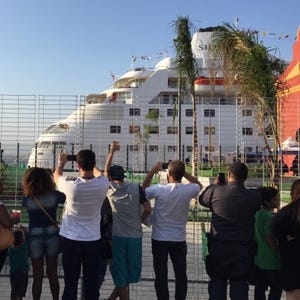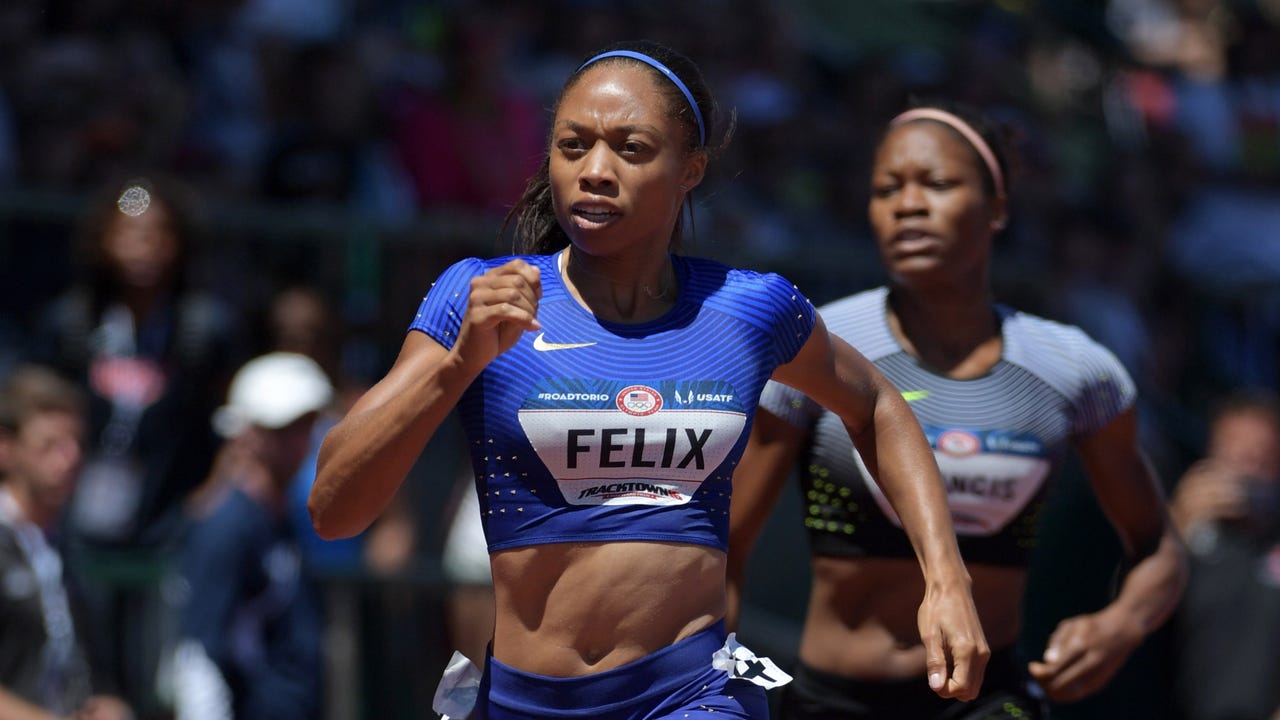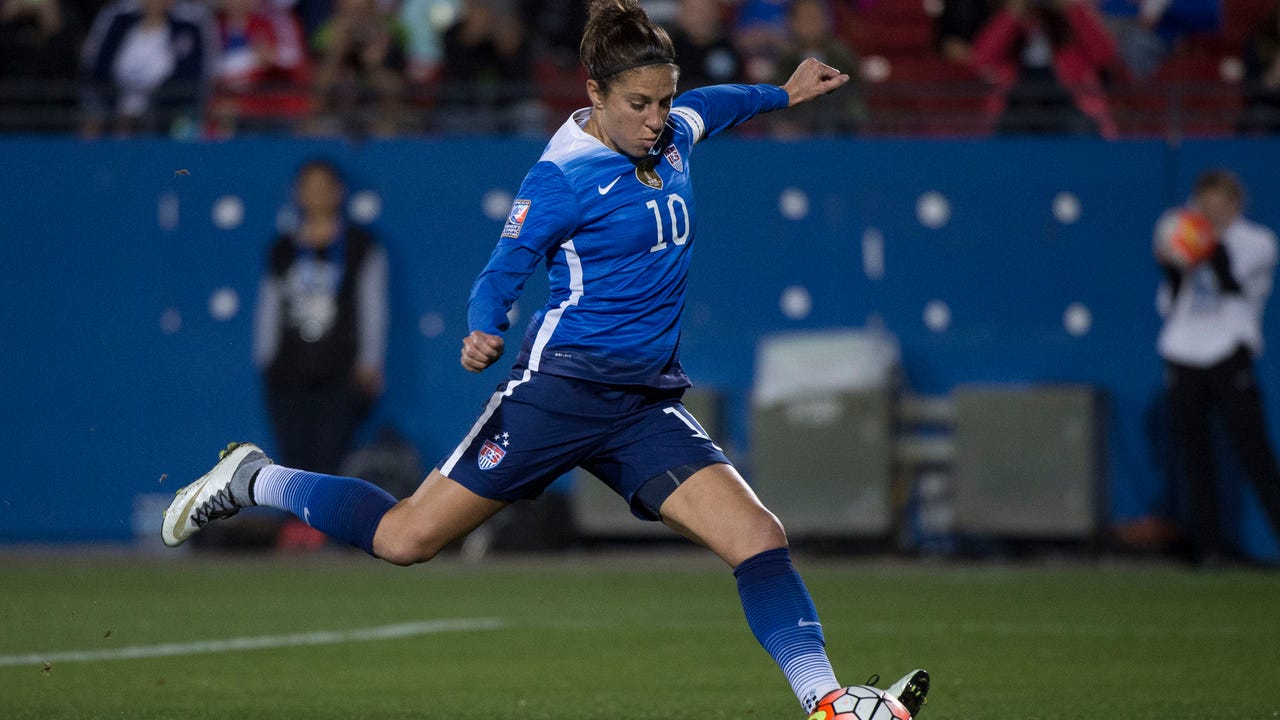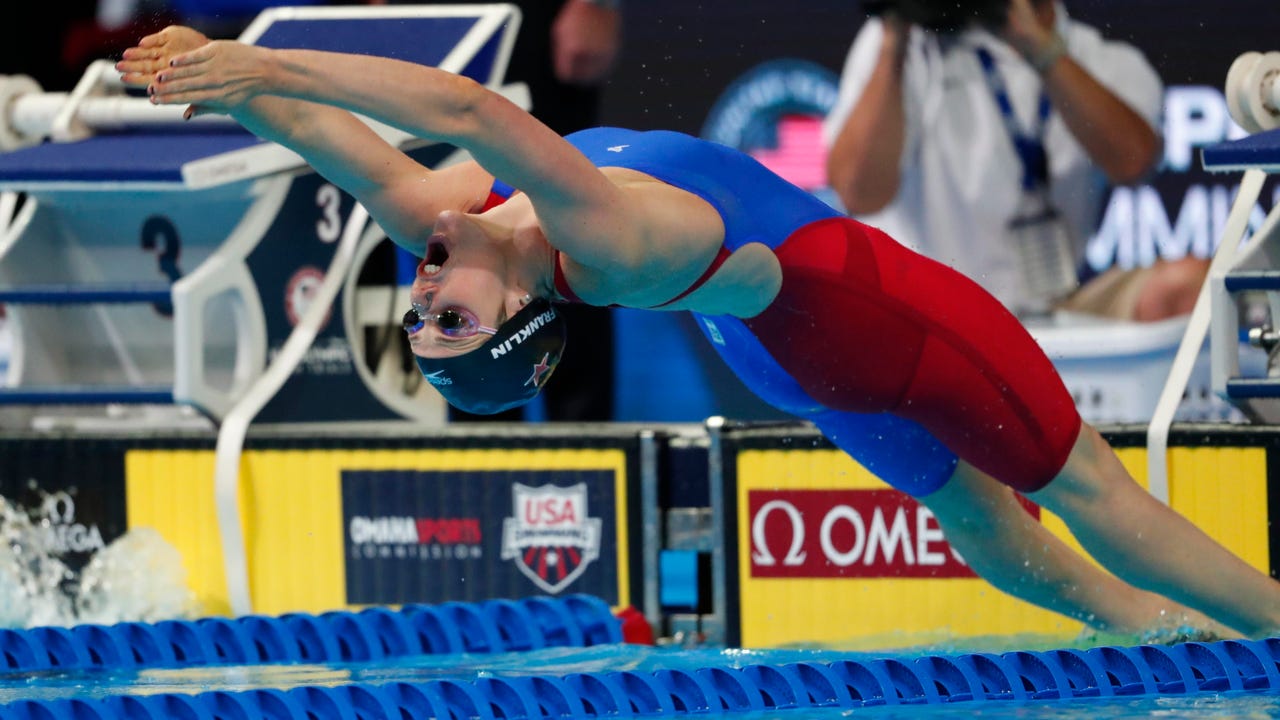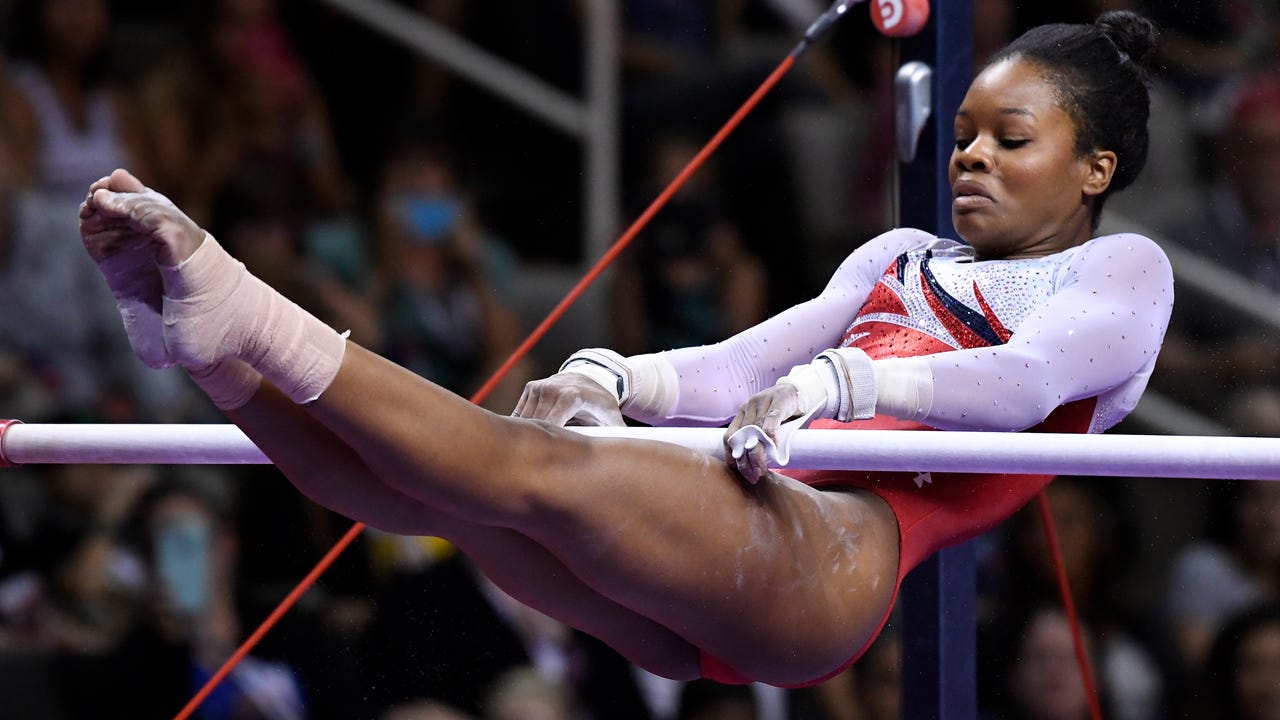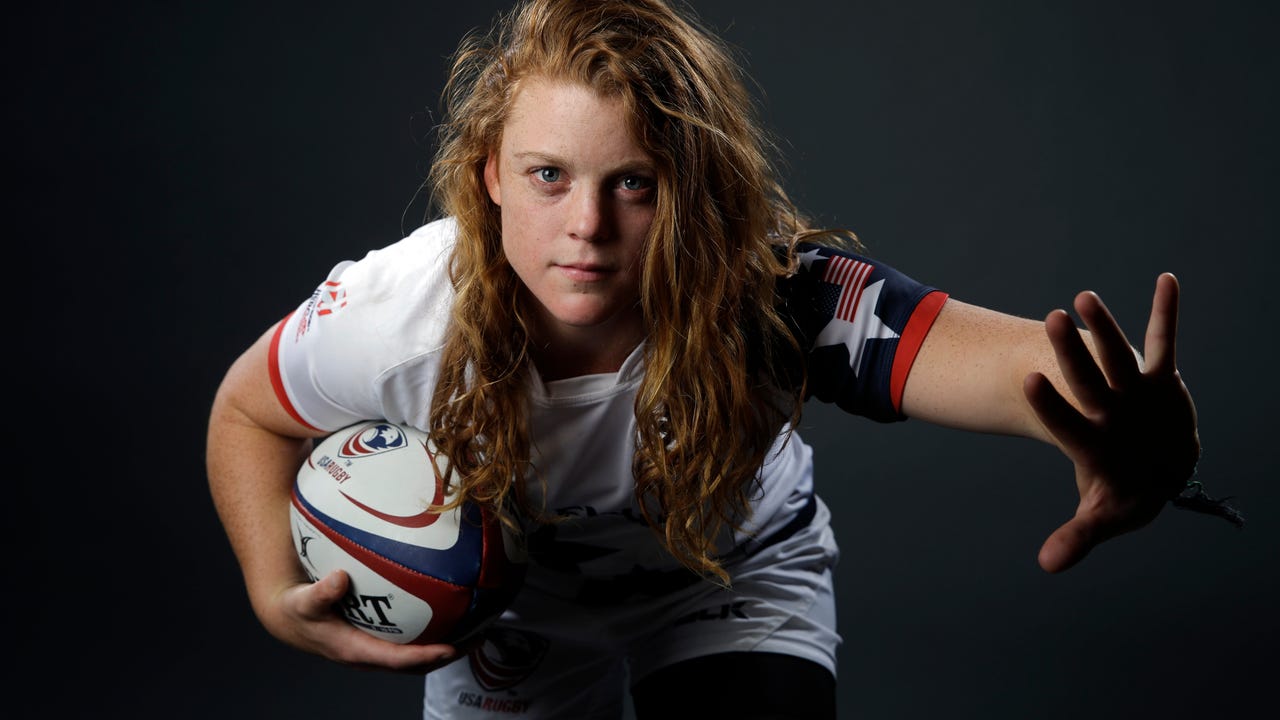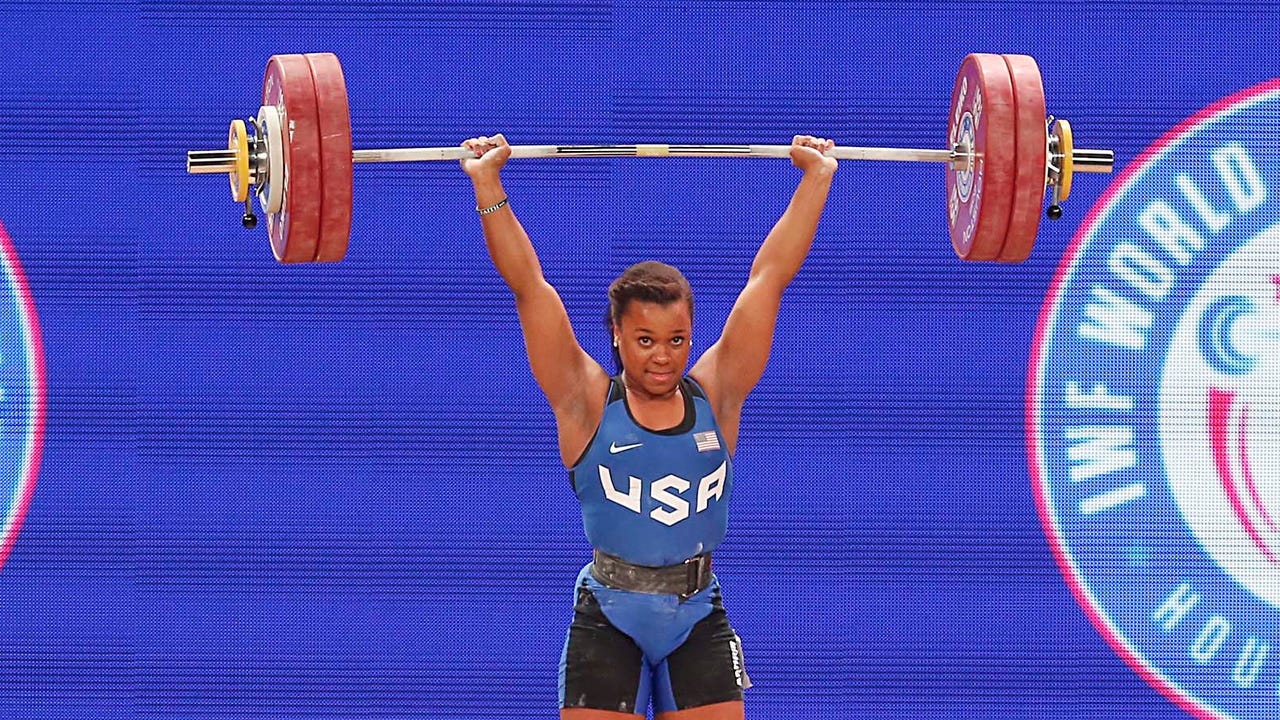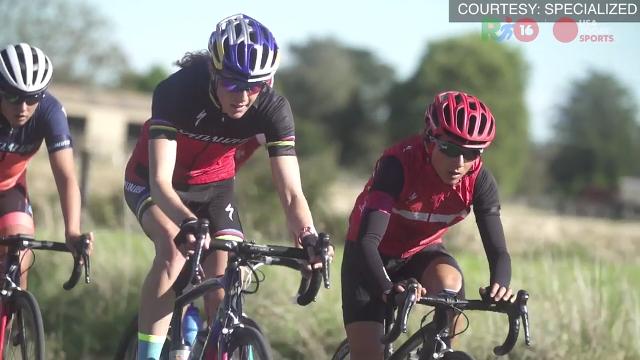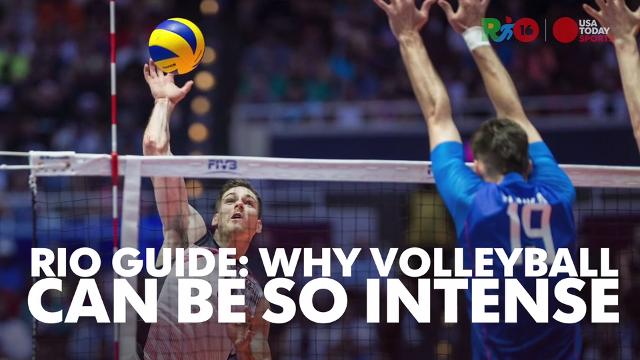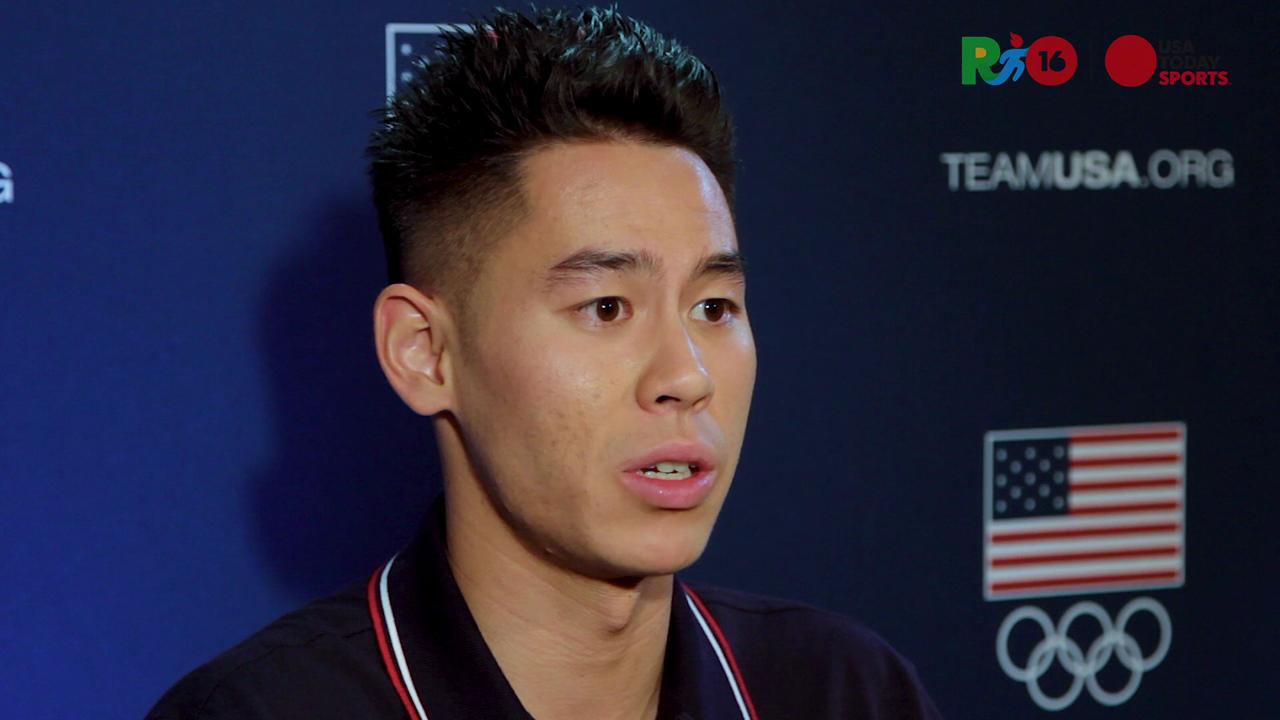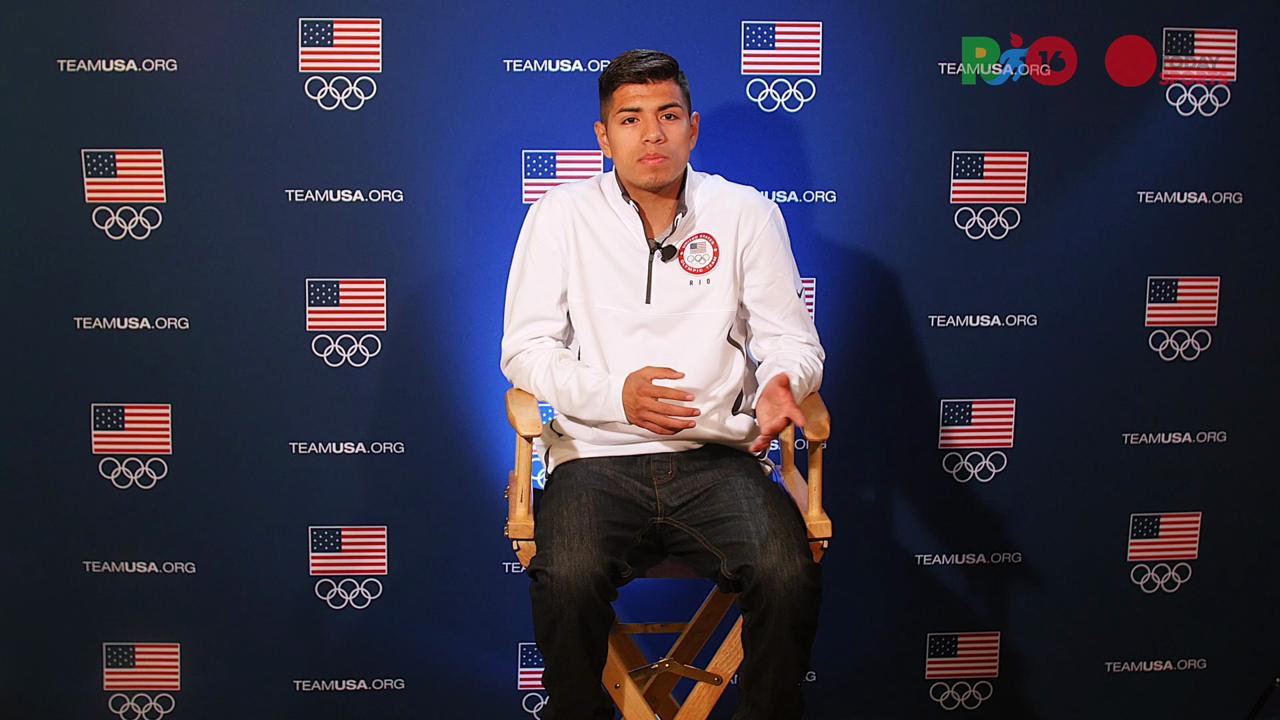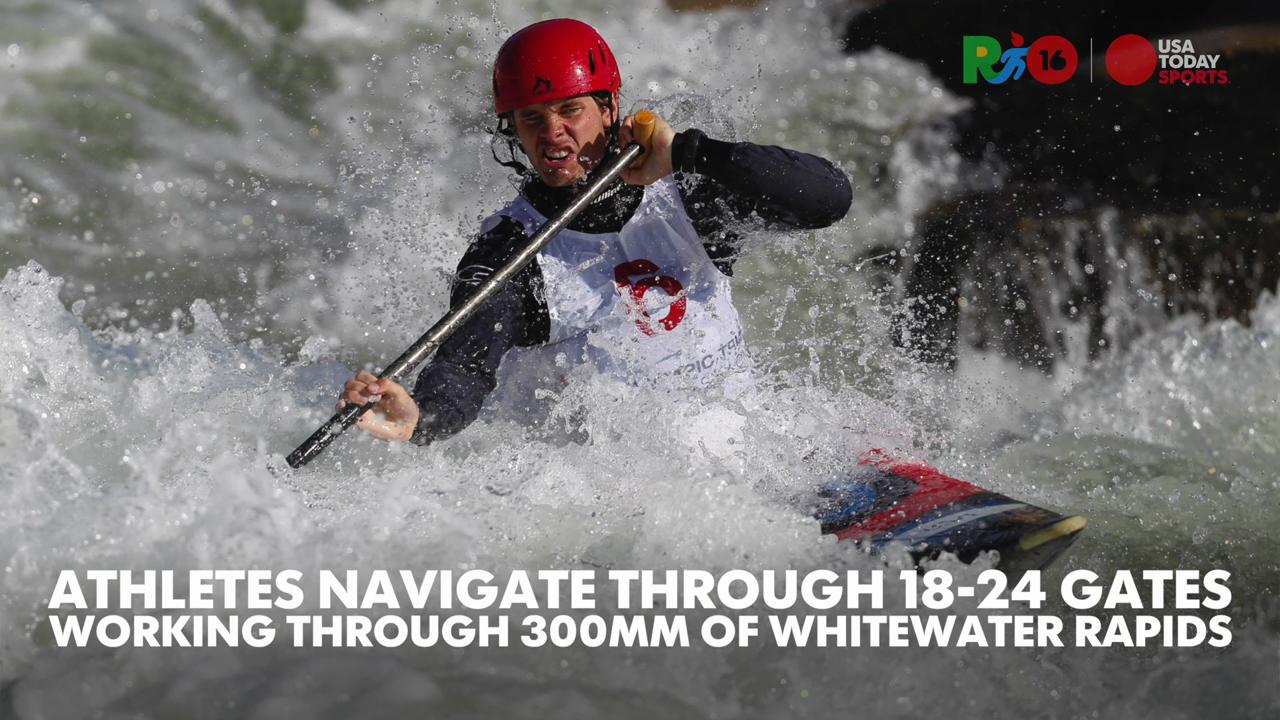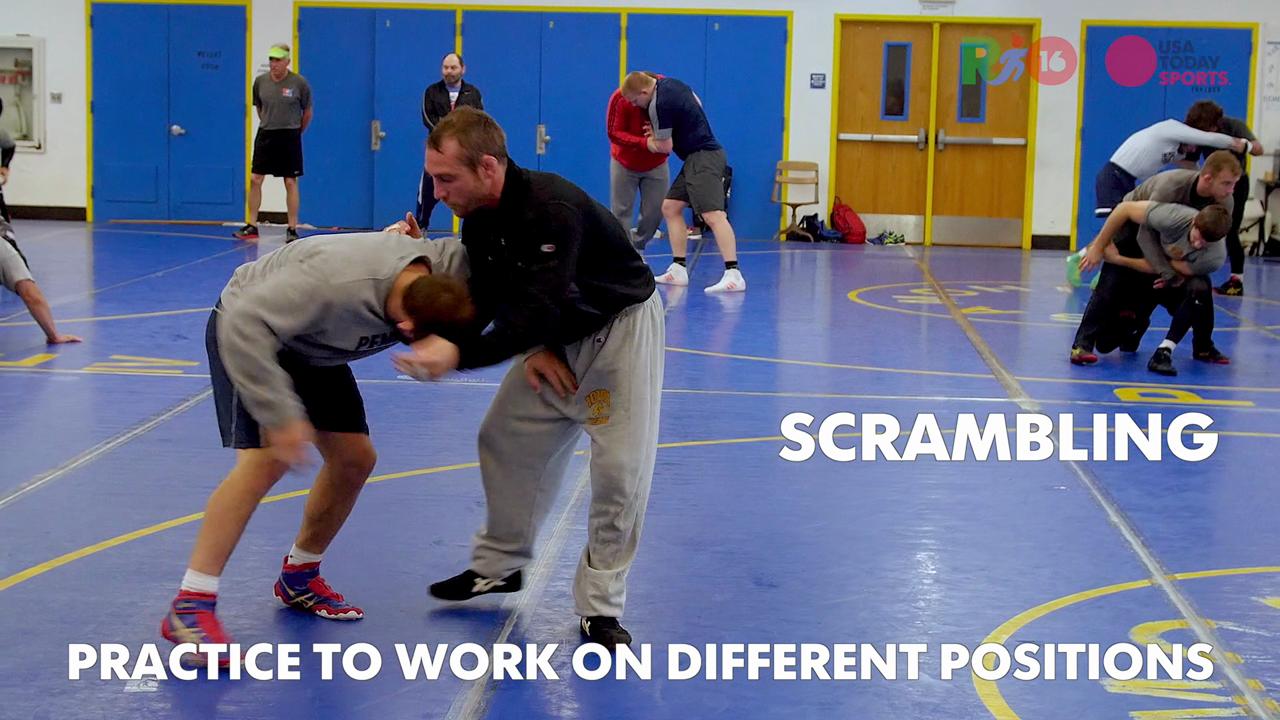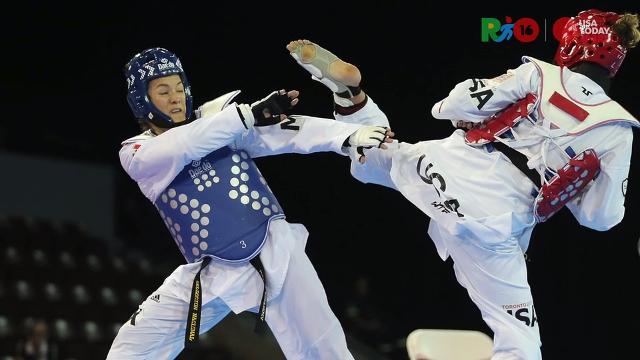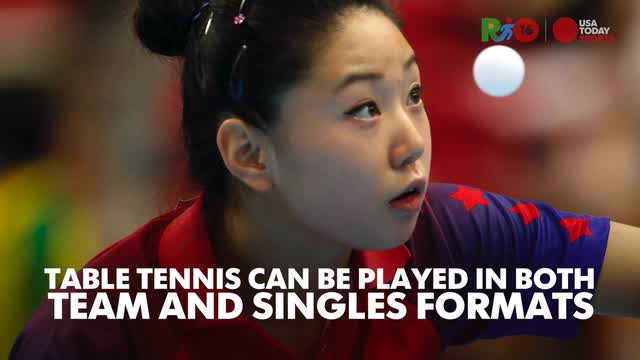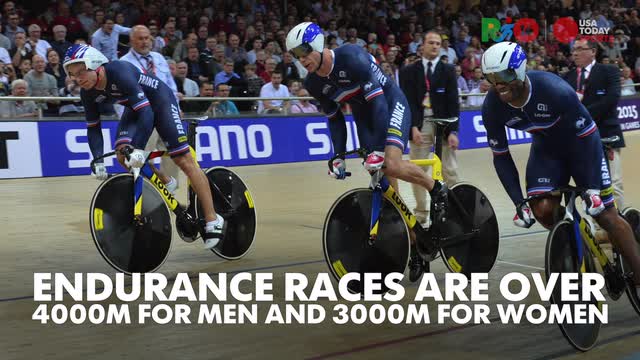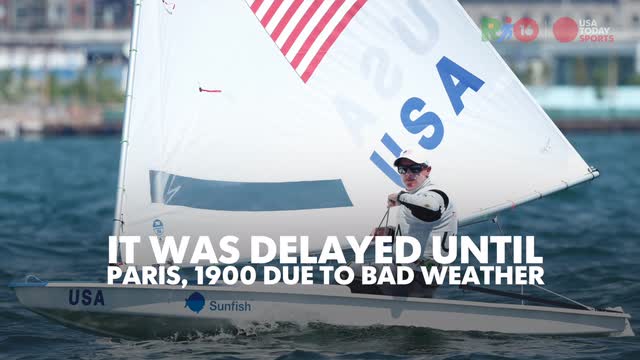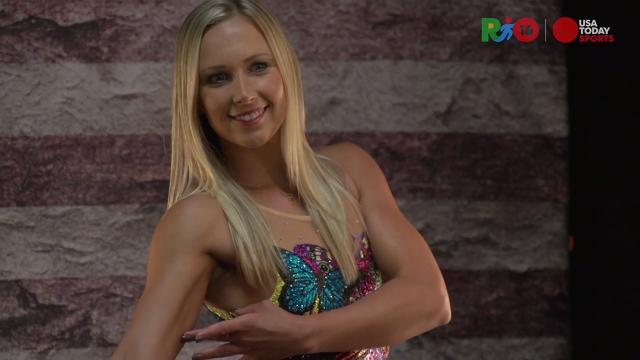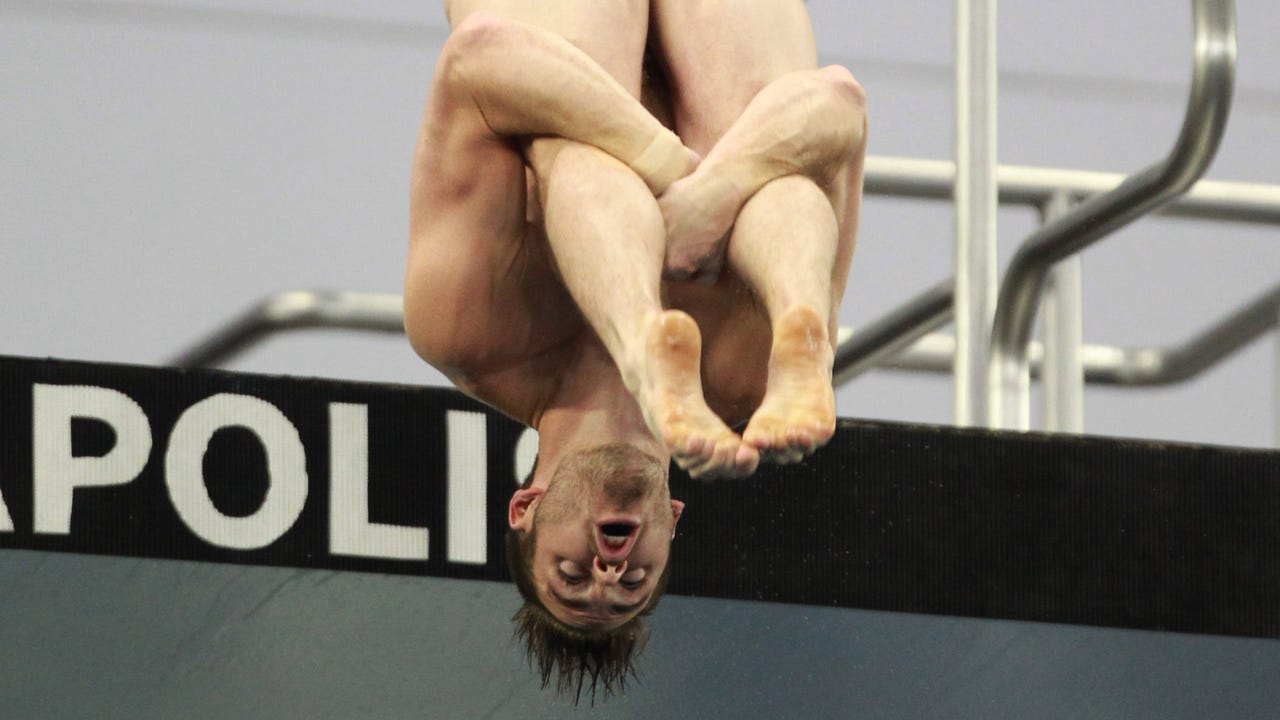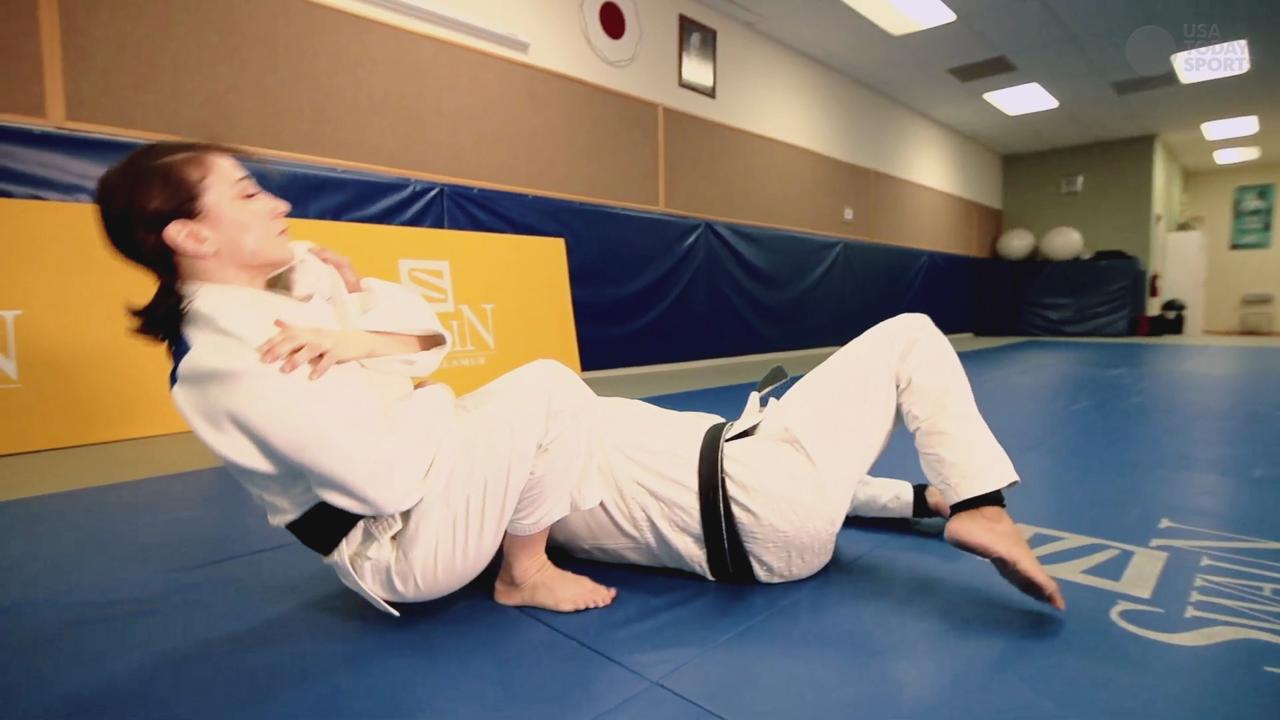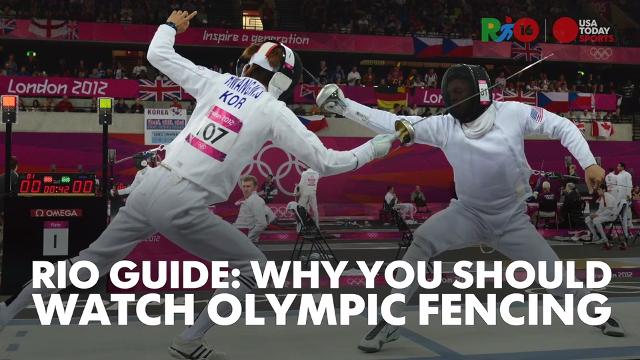Bob Costas: On pinkeye, how many Olympics he has left – USA TODAY

SI.com’s Richard Deitsch spoke with Bob Costas about when the NBC fixture might call it quits as primetime Olympic host.
Time_Sports
Bob Costas is a baseball guy through and through. Even when he’s talking about the Olympics, the made-for-TV mega event for which he’ll best be remembered, Costas borrows metaphors from the diamond.
He’ll bring his affable, unflappable, reliable presence to the Rio Olympic Games starting Friday night with the opening ceremony. It will be his 11th as NBC’s prime-time host. Add his late-night hosting duties at the Seoul Games in 1988, and Costas is on the cusp of a dozen times as our Olympian ringmaster.
“I’m still standing — barely,” he tells USA TODAY Sports. “It obviously encompasses a pretty good stretch of time. I guess if I was a baseball player — this never occurred to me until you just mentioned it — they’d say I was a four-decade man.”
Costas, 64, means ballplayers such as Eddie Collins, who began in 1906 and played to 1930, and Carlton Fisk, who began in 1969 and played to 1993. Costas began Olympic hosting in 1988 and now here we are in Rio in 2016. That sets up the obvious question: If Costas continues at least through the 2020 Summer Games in Tokyo, he’ll be a five-decade man.
“But that’s not reason enough to do it,” he says. “I’ve said — and I meant it — that I’m taking this case by case, one at a time, and see how we feel after this. But they’ve been nice enough — they being everybody at NBC — to say that it’s up to me. You know, ‘If you want to do one, two, three, four more, you can. If you want to stop after this one, you can. It’s your call.’
“So that’s very nice. I will not have to be escorted out. I’ll leave before they have to drop hints.”
Taking them “one at a time” is more familiar as an athlete’s mantra, such as when prying media members want to know how much longer an aging star wants to play. It must feel odd when the cleat is on the other foot.
“No, I think it’s natural with something like this,” he says, “because the Olympics are always a milestone event.”
Costas would be 68 if he stays on for 2020’s Summer Games — and weeks from 70 for 2022’s Winter Games. Still, he figures age is but a trifle.
“Lots of broadcasters are beyond me in age and still extraordinarily good,” he says. “Vin Scully would still be good if he decided to come back for a 68th year. And Al Michaels is still the gold standard on football broadcasts on Sunday night. And people still love to listen to Verne Lundquist. Brent Musburger is still going strong.”
Costas is polite enough not to mention their ages. Scully is 88, Michaels 71, Lundquist 76 and Musburger 77.
“So 64 is not, especially by those standards, is not up there,” Costas says. “The reason I would (step away) would not be a matter of age, but a matter of ‘I’ve done it long enough.’ I would say I’m closer to the end than to the middle, but exactly where the end is I’m not prepared to say.”
Jim McKay, back in the day, hosted Olympic prime-time eight times for ABC, according to NBC’s count. Costas remembers watching McKay’s masterful performance at the doomed Munich Games in 1972 on a little black-and-white set in his Syracuse University dorm room. Costas had his eye on a broadcasting career even then, but as a baseball play-by-play voice. He never imagined himself in McKay’s chair.
It happened by accident, in a way, he says. Costas hosted the World Series for NBC four times in the 1980s. He also hosted the 1983 major league All-Star Game, around the time he began hosting the network’s NFL studio show, an opening that came when Bryant Gumbel left it for The Today Show. Next came the late-night Olympic host role and then the NBA studio show when NBC got those rights.
“I guess they liked what I did,” Costas says, because soon enough he was prime-time Olympic host. And each time he hosts another Games he breaks his own record for most prime-time gigs.
“It’s not really a matter of achievement or exceeding someone,” Costas says. “It’s a matter of which network has the rights. Joe Buck is terrific on baseball, but the reason he’ll do more World Series than anyone else isn’t just because he’s good, but because his network has had them all since the turn of the century. Jim Nantz is terrific on golf. The reason he’ll do more Masters than anyone else is that CBS always has the Masters. So, I’ve been around — and NBC keeps getting the Olympics.”
NBC has U.S. broadcast rights for the Games through 2032.
“I think it is safe to say,” Costas says, laughing, “that I will be absent at the end of that run.”
Going viral, literally
One of John Cena’s jokes in his opening monologue at last month’s ESPY Awards on ABC depended on viewers knowing a certain eye-opening fact about Costas’s biography.
There’s a super bacteria recently found in Rio. Just what the Olympics needed: Another way for Bob Costas to catch pinkeye.
Costas thinks it’s a funny line. He praises Cena’s delivery. And he points out that he joked about it himself in Sochi in 2014, when TV viewers watched as his eye condition worsened daily.
“Well, you have to have a sense of humor about it,” Costas says. “And I think people who are fair-minded will recall that I was as self-deprecating as possible from the start. You had to acknowledge it. If you had a broken leg and it was in a cast, just be under the desk, and no one has to know about it. If you feel lousy — and we’ve all gone to work feeling lousy — you’d disguise it and get through it. But in this case it really couldn’t be disguised. It was literally written on my face.”
He soldiered through until his ailing eyes — it started in his left and spread to his right — could no longer handle the TV lights. He stepped away after 157 consecutive nights of prime-time hosting. Just don’t suggest this was some kind of ironman streak.
“Once every two years you show up every night for three weeks,” he says. “That’s not Lou Gehrig or Cal Ripken territory.”
He figures if something like this had happened to McKay at the Montreal Games 40 years ago it would have been water-cooler conversation but not a cultural moment so familiar that 20-word jokes would resonate more than two years later. The difference, he says, is high-definition television and the antisocial aspects of social media.
“Some of social media is really funny, and some of it is just snarky and mean-spirited,” Costas says. “But I don’t think that’s representative of what most people feel. What I heard from strangers — over and over again, for months and months after I came back — was honest concern. ‘How is your eyesight? How are you feeling?’ And then a lot of people expressed respect that I did as well as I could under the circumstances.”
The truth is that Costas’ condition was no laughing matter at the time.
“It was full-blown viral conjunctivitis, not just generic pinkeye,” he says. “It actually affected my eyesight for a few months afterward. My prescription kept changing, and it was very difficult to call baseball games for the first few months because I couldn’t with my naked eye, really see clearly out to straightaway center field. So I had to call the games off the monitor for the most part. But by May or June it finally straightened out.”
Matt Lauer teased Costas on Wednesday morning’s Today Show. “How are you feeling?” Lauer asked. “No, I mean it, how are you feeling?”
Costas laughed and pointed to both eyes as proof of his good health. Lauer didn’t mention mosquitoes, but he could have.
“When you go down the list of possible Zika symptoms,” Costas says, “one of them actually is, ironically, viral conjunctivitis.”
Student of the Olympics
One of the nice things about hosting a dozen Olympiads, Costas says, is that it means he has a broad base of knowledge of Olympic history, legend and lore. He compares preparing for the Olympic Games to preparing for baseball games, where he need only study the teams because the lore of the game is ever with him.
“You know that Ted Williams hit .406 in 1941 and Joe DiMaggio hit in 56 straight games and Don Larsen pitched a perfect game in the World Series,” Costas says. “That’s just part of what you know. So I’ve built up that kind of knowledge about the Olympics.”
The difference is that baseball is just one sport and the Olympics are many. He understands some viewers love swimming and some love track but that all love the drama heightened by the quadrennial nature of the Games.
“For most of these athletes, it’s all or nothing, from the shadows to the biggest stage,” Costas says. “And that means you can see the drama and the meaning in almost any event. You don’t have to be familiar with fencing on an ongoing basis or crew on an ongoing basis to understand how dramatic and meaningful it can be in the Olympics.
“So I think I have that perspective. Am I an expert on every Olympic sport? Far from it. But you learn quickly that you have to be a good generalist. And then you kind of frame what the stories are and then turn the particulars over to the experts in each venue.”
The Olympics are his legacy. Costas does baseball play by play for the MLB Network and hosts Football Night in America and the Triple Crown and more for NBC, but many Olympic fans know him only as the man who comes into their living rooms each night during the Summer and Winter Games to sort out competing storylines and set up unfolding dramas.
“There are still people who say to me, ‘What do you do when you are not doing the Olympics?’ ” Costas says. “Oh, I don’t know: Sitting on a beach someplace, just playing golf all day.”
The notion that many Olympic fans do not regularly watch other TV sports informs how Costas approaches it.
“You are talking to people who are track-and-field nuts or people who know everything about swimming or everything about beach volleyball, but you are also talking to many, many millions more who only have a general knowledge about those sports,” he says. “So you can’t make it about ‘inside baseball,’ so to speak, or you lose the audience.”
That’s why Costas’ considerable preparation is all about learning the stories of the host cities and host nations and the two dozen or so stars sure to figure prominently as the Games progress, day by dizzying day. But he says it is just as important to know what you don’t have to know.
“It’s not a good use of your time, especially the Summer Olympics where there are 200 nations,” he says, “to be memorizing every pole vaulter from Lithuania or every platform diver from Peru.”
When something unforeseen becomes the big story, he adds, “One of the skills that any decent host has to have is being able to take a briefing.”
Decent? Costas is overly modest. He is a surefooted host who understands nuance and texture, history and drama — bringing gravitas to the serious stories and drollery to the whimsical ones. Think of him as your clear-eyed guide to the Games, a four-decade man who is nowhere near done yet.




